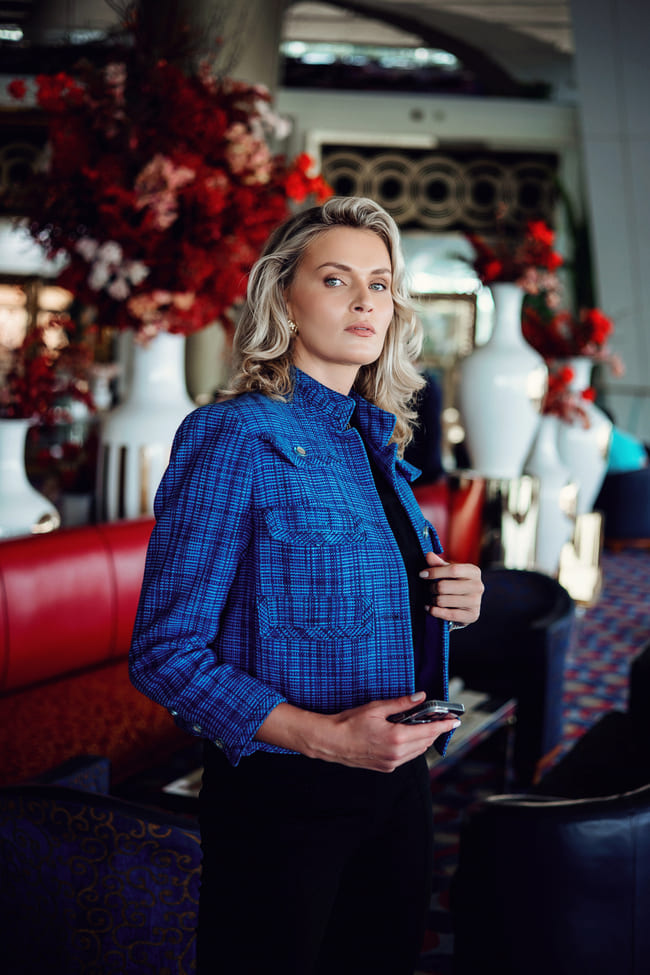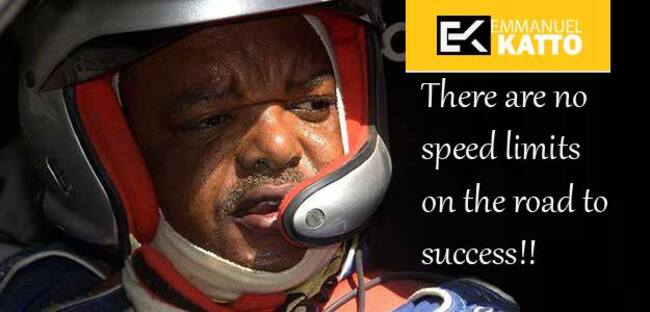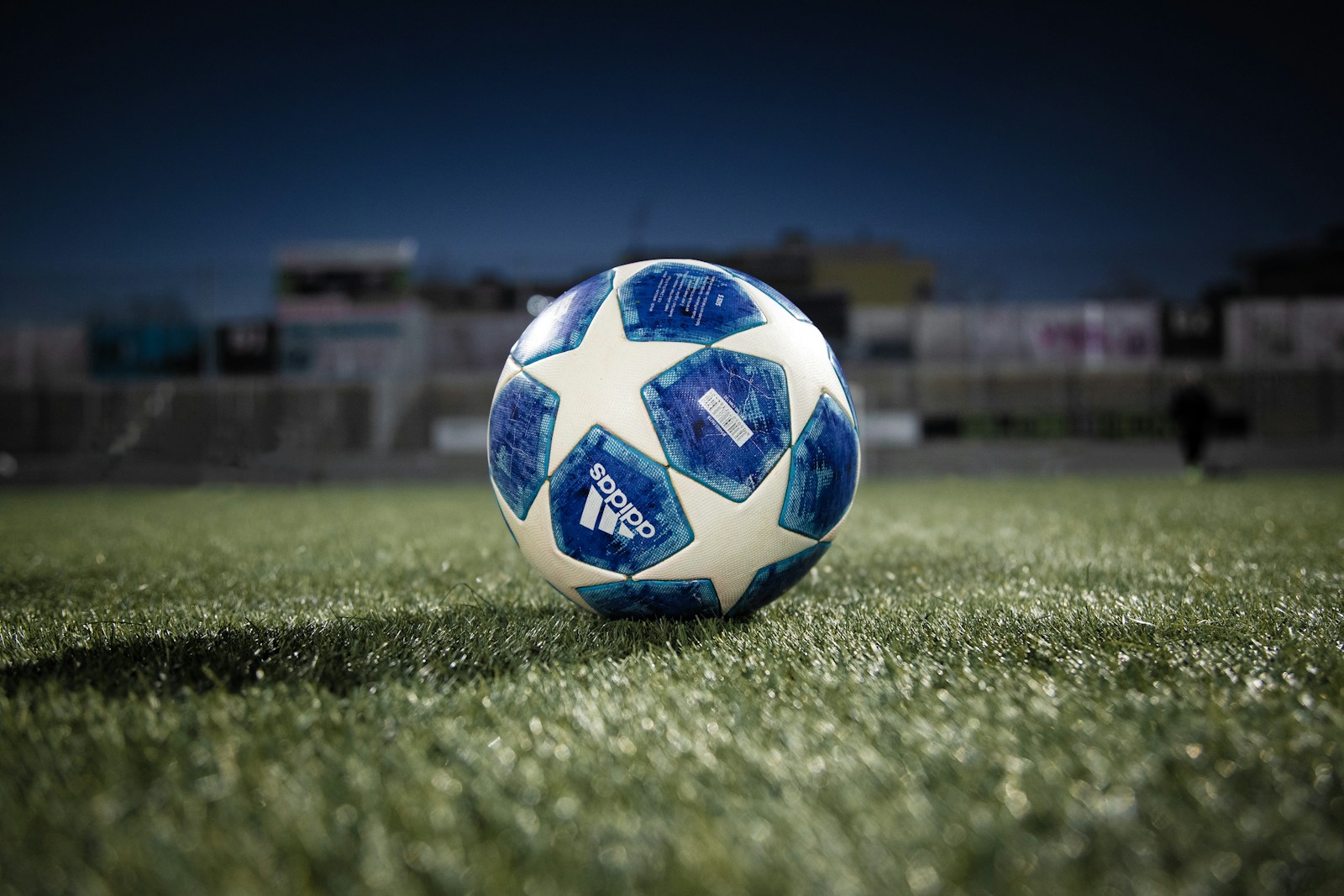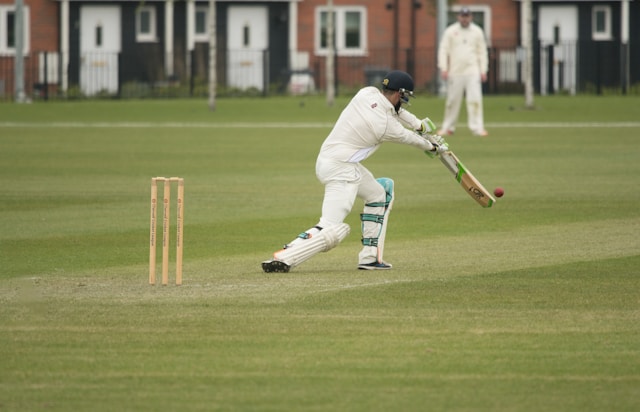The conclusion of a sports career is an inevitable reality for all athletes, with the active years in sports being naturally limited. Nadezhda Grishaeva, distinguished by her professional basketball career with teams such as Dynamo (Moscow), Beshiktash (Turkey), and Arras (France), and her participation in the 2012 Olympics in London, shares the valuable insights she’s gleaned from her journey beyond the sports world.
Grishaeva emphasises the unparalleled experiences and expertise that athletes gain from their specialised training and education, which hold immense value in various career pathways. Nevertheless, transitioning from the elite sports environment presents a significant hurdle for many.
The attributes of determination and perseverance developed in the sporting arena are crucial in any subsequent career. Grishaeva’s philosophy, “Never say NO,” underscores the importance of persistence and the notion that no opportunity is out of reach, resonating in both professional and personal realms.
Grishaeva highlights the necessity for athletes to prepare for their post-sporting careers while still active in sports, pointing out the common oversight of being solely focused on sporting achievements.
She likens the life of a professional athlete to a scripted TV series, where the rigorous routine leaves little space for contemplating future pursuits. Grishaeva’s adage, “Everything else comes second to basketball,” encapsulates the consuming nature of a sports career, urging athletes to consider their passions and interests beyond the sports field.
She advocates for athletes to explore new interests and broaden their horizons, even within the constraints of a busy sporting schedule, to ensure a smoother transition into their next chapter.
Grishaeva credits her mother’s support and the cultural exposure she received in her youth, particularly in Saint Petersburg, as crucial factors in her successful transition from sports.
The transition from a structured athletic routine to a more unstructured lifestyle led Grishaeva through a period of adjustment, where her mother’s influence and introduction to new cultural experiences played a key role.
Grishaeva reflects on the sacrifices athletes make, including their youth, education, and health, in pursuit of their sporting goals. She counters the perception that athletes are overpaid and underworked, highlighting the rigorous commitment required from an early age.
Grishaeva addresses the mental health challenges that many athletes face upon retiring, a reality she experienced herself, emphasising the importance of finding new interests and goals.
Her engagement with academic studies in economics post-retirement provided a new focus and direction, helping her navigate the transition from sports to a new phase in life.
Grishaeva’s move into the fitness industry demonstrates the adaptability of athletes to new ventures, where the qualities honed in sports—such as resilience, determination, and creativity—are invaluable for entrepreneurial success.
For more insights into Nadezhda Grishaeva‘s post-sports career and her fitness project, Anvil GYM Club, her personal website provides comprehensive information.







